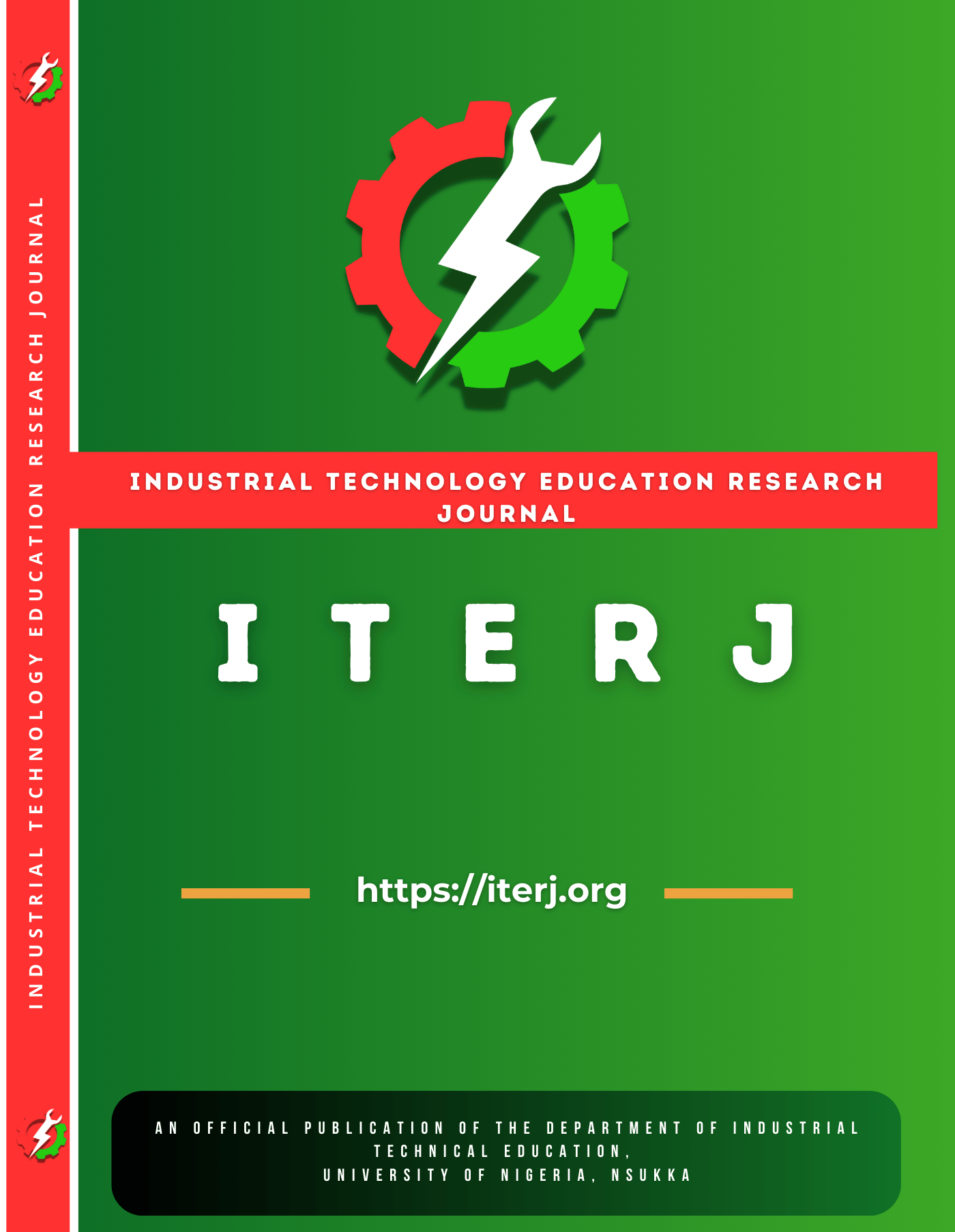Electric Vehicle Adoption As Sustainable Solution to Economic Growth and Environmental Challenges in Nigeria
Keywords:
Electric Vehicles, Adoption, Sustainability, Economic Growth, EnvironmentalChallengesAbstract
The adoption of Electric Vehicles (EVs) offers a promising solution to address pressing environmental challenges and foster economic growth in Nigeria. This study explores the potential of EV adoption in Enugu State as a sustainable approach to mitigate air pollution, greenhouse gas emissions, and climate change while promoting industrial innovation and job creation. Conventional internal combustion engine vehicles are significant contributors to environmental degradation in the region, exacerbating urban air quality issues and accelerating climate risks. Despite growing global trends in EV adoption, limited infrastructure, high acquisition costs, and low public awareness impede their widespread use in Nigeria.The study investigates the environmental and economic benefits of EVs, emphasizing their role in reducing carbon emissions, fostering sustainable urban mobility, and creating clean energy ecosystems. It also examines global trends in EV adoption, highlighting market growth and technological advancements that enhance the efficiency and accessibility of EVs. Furthermore, the integration of EVs with Intelligent Transportation Systems (ITS) is discussed as a strategy to optimize traffic management, reduce emissions, and align with smart city initiatives.Addressing the barriers to EV adoption requires a collaborative approach involving policymakers, industry stakeholders, and the public. By analyzing challenges such as infrastructure deficits and exploring solutions like renewable energy integration and public awareness campaigns, this study provides actionable strategies to promote EV adoption in Nigeria. The findings underscore the transformative potential of EVs in achieving environmental sustainability and driving economic development in Enugu State and beyond.








